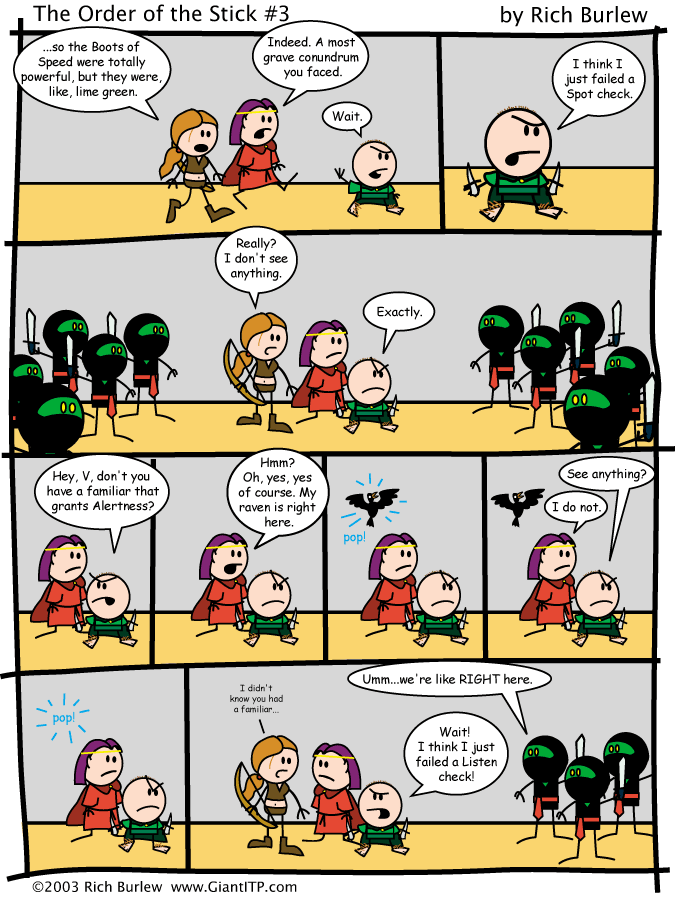Hi everyone,
First of all, I apologize if this is explained in the core rule book. If that is the case, I would be happy to get the page number.
On a perception check, the player rolls: 1 triumph and 2 advantages while the opposite check roll is: 2 failures.
So, is this a missed check with two advantages or does the triumph still plays a role on a failed check ?
I am also happy to get some examples on how you would interpret and use it.
Thanks in advance.
Edited by Aristide